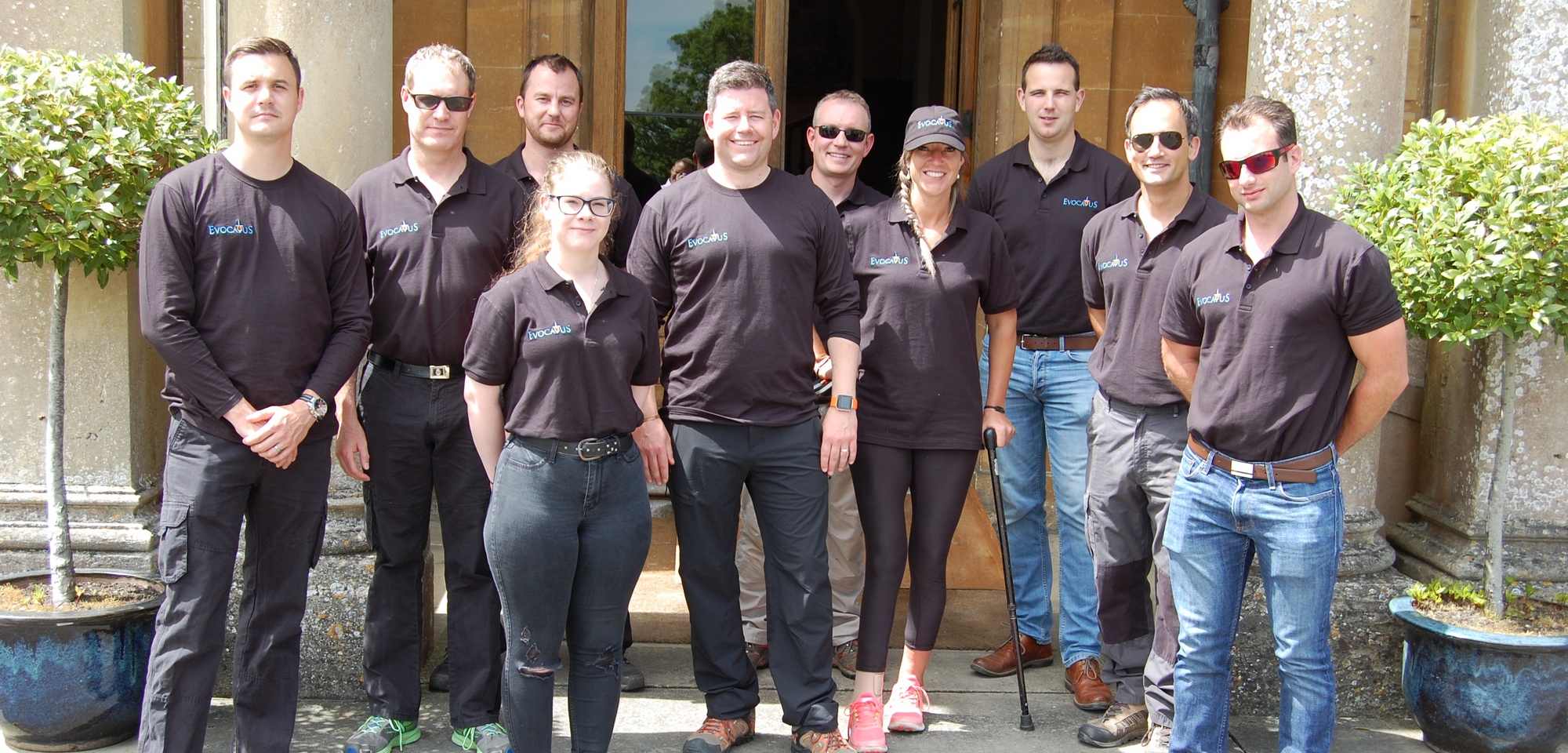Consent Building
People generally don’t like change at work. Change is uncomfortable, unbalancing and can be seriously stressful. Most of us prefer what’s familiar and enjoy predictable routines to the uncertainty of something new.
As a result, programmes which try to deliver change within an organisation always face at least one challenge in common: that of convincing people of the need to change. No matter how clear the logic behind this change might be in the presentations and spreadsheets which explain it, people have to want the change to not only happen, but also to stick.
Some might say that getting people to want the change is simply a matter of leadership, of using the power of personality, trust and being a brilliant role-model to bring the whole team along. This certainly sounds like a simple and effective solution, but despite years of experience leading and motivating teams, we at Evocatus know that it takes more.
We know that it’s all about making sure people really understand
the “why’ of change before the “how”.
The “How”

The “how” is relatively easy. The processes involved in making change happen, the dependencies, risks and the time and resource allocated can be planned in minute and impressive detail and brought to life with bright graphics and presentations, but in strategic terms, these are the way and the means and not the ends. Without really understanding the reason why, it’s all just activity, rather than output.
The “Why”

Explaining the “why”, in order to get consent from your team is one thing, but you also need to convince them that the end result will be worth the discomfort of learning a new software package, of changing how the organisation is structured or something even more challenging. Convincing people and selling them the idea is as more about appealing to emotions than to logic, and that is why an experience beats an explanation.
SO WHY USE GAMES TO BUILD CONSENT?
Whether in the playground developing as children or trying to understand problems as adults, playing games allow us to experience problems from different angles and perspectives. It helps us see some of the complexity of interactions and tensions of the real world, rather than the one-dimensional version that our psychology likes to create. By getting people immersed into a game, we can get them to fully engage with the problem which change is designed to solve, building enthusiasm for that change and turning people into supporters, even advocates, for it.
HOW WILL PLAYING GAMES BUILD CONSENT?
Our scenario-based games replicate scenarios and situations. These can model the status quo but can also be about experiencing the consequences of not changing and the expected benefits. We can use fictitious scenarios and settings which reflects reality, but help people to break out of their inherent biases, by focussing on winning the game rather than playing their usual role. Some of the most exciting results we’ve had have been from deeply impressive and competent people whose viewpoint and confidence made them determined that change was wrong, only to buy in completely after a few hours playing the role of their own stakeholders and audiences. Our exercises are not a feel-good workshop, they are a hugely effective way to set the foundations for change.
Our Network

At Evocatus, our focus is on using engagement through games to help businesses achieve their objectives, using our experience as leaders, decision makers, trainers and exercise designers. We are confident that we have the key skills to deliver truly transformational consent building services, but are equally confident that the best events will use the expertise of others, depending on the client’s needs. Our strong links to small businesses offering services as diverse as film-making and organisational psychology in the UK and beyond mean that we have a constant feed of new ideas, innovations and context to make sure we can deliver exactly what our clients are hoping for.
Where we operate
Our base at Hartham Park in Wiltshire is a perfect setting to test plans, experiment with ideas and playing games: Swindon, Bristol and Bath are all within very easy reach. Alternatively, we routinely travel to deliver exercises at an organisation’s own offices or at an entirely different location; this can be particularly effective when a corporate away-day or meeting incorporates team building scenario games. London and other major cities with good public transport networks provide an ideal place to run experimentation games; Swindon and other regional hubs tend to provide more options for getting out into the countryside or for using larger indoor spaces without breaking the budget.
If you are interested in using our Consent Building Services for your organisation or company then please get in touch to discuss your requirements.
